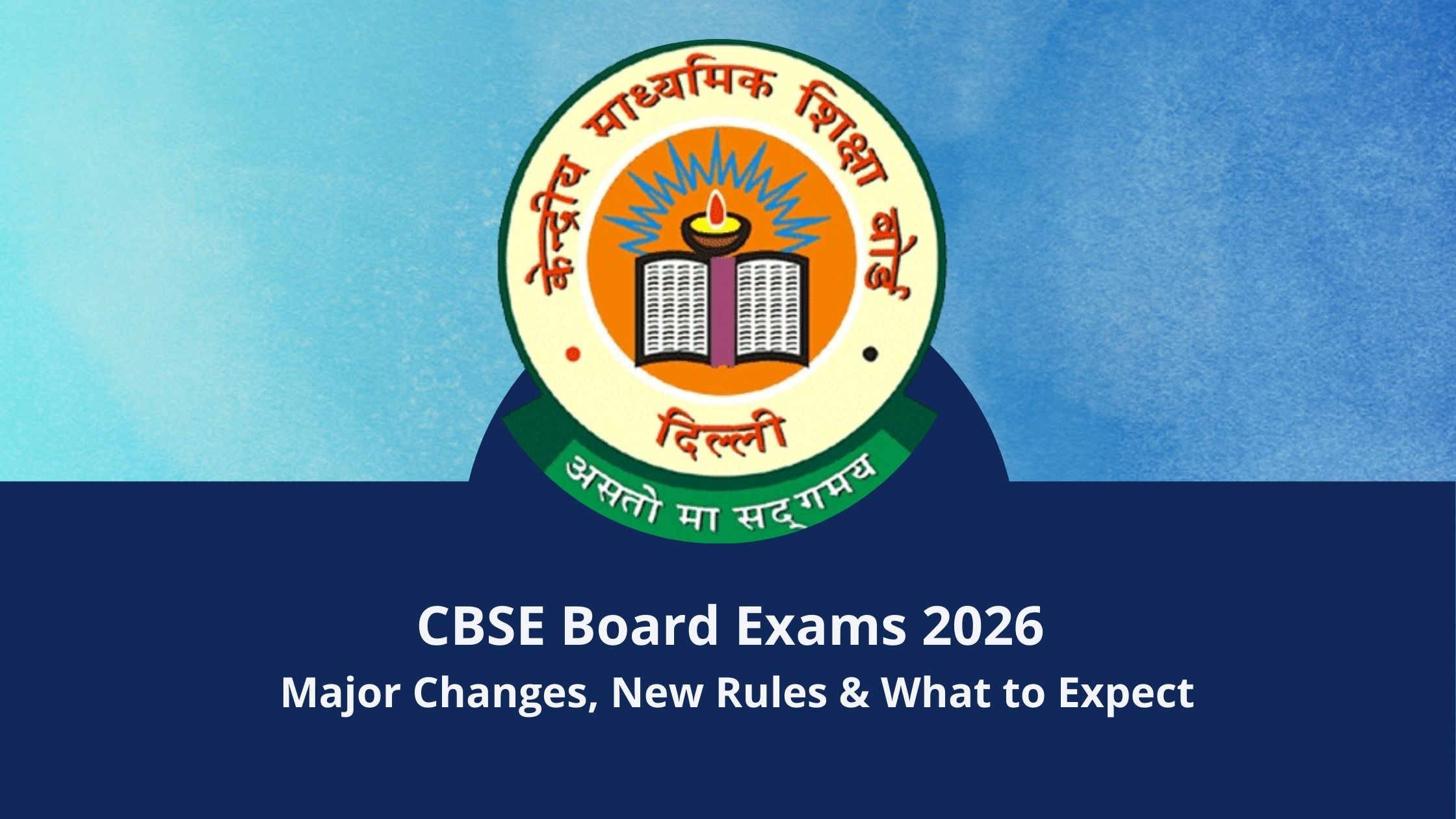CBSE 10th Board Exams to be Held Twice a Year from 2026 – Full Details Inside
The Central Board of Secondary Education (CBSE) is set to introduce a significant change in the Class 10 board exam pattern from 2026. As per the latest announcement, students will have the option to take the board exams twice a year, a move aimed at reducing academic pressure and giving students a better chance to improve their scores.
This reform is part of the New Education Policy (NEP) 2020, which focuses on flexibility and holistic learning. If you're a student, parent, or educator, it's crucial to understand how this change will impact exam schedules, marking systems, and overall student performance.
Key Changes in CBSE Board Exams 2026
1. Two Board Exams in One Year
From 2026 onwards, Class 10 students can appear for board exams twice a year. The two exam sessions will be held as follows:
- First Session: February–March 2026
- Second Session: May 2026
- This dual-exam format allows students to improve their performance, reducing the stress of a single high-stakes exam.
2. Best Score Will Be Considered
- If a student chooses to appear for both sessions, the higher marks obtained in each subject will be considered for the final result. This means students can take advantage of a second attempt without the fear of scoring lower.
3. No Compulsion to Take Both Exams
- Students are not required to appear for both exams. If they are satisfied with their performance in the first session, they can skip the second session.
4. No Change in Syllabus
- Despite conducting the exam in two sessions, the syllabus will remain the same for both exams. Students do not need to study additional topics for the second session.
5. Practical Exams to Be Held Once
- Unlike theory exams, practical exams and internal assessments will be conducted only once in the academic year. This prevents unnecessary duplication of assessments.
6. Supplementary/Improvement Exams
- If a student fails in the first session, they can reappear in the second session as an improvement or supplementary exam.
- Students who fail in both attempts will not have another re-exam opportunity.
7. No Extra Registration or Fee for the Second Attempt
- Students need to register for the board exams only once at the beginning of the academic session. They will not be required to pay an additional exam fee if they choose to appear in the second session.
Impact of the New Exam Pattern
1. For Students:
- Less Pressure: More chances mean less stress about scoring high in one attempt.
- Flexibility: Students can plan their studies better and take the second attempt if needed.
- Better Performance: With the option to improve their scores, students can achieve their best possible results.
2. For Parents & Teachers:
- Encourages a more balanced study approach rather than last-minute cramming.
- Allows students to rectify mistakes and boost confidence for competitive exams.
Conclusion: A Positive Step for CBSE Students
The decision to conduct CBSE 10th board exams twice a year is a student-friendly approach aimed at improving learning outcomes while reducing stress. By allowing multiple attempts, CBSE aligns itself with global education standards, making the assessment system more flexible.
Students and parents must stay updated with CBSE notifications to ensure a smooth transition to this new system. As 2026 approaches, schools and educators will provide further guidance on how to prepare efficiently under this revised exam format.
What are your thoughts on this change? Do you think two board exams a year will benefit students?
